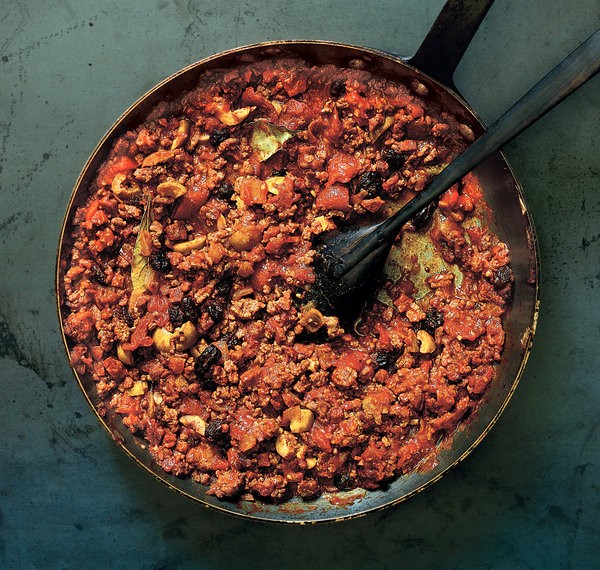How lifting the embargo might affect Cuban cuisine
January 8, 2015 by Darcie
For over 50 years, the United States has imposed a fairly strict embargo on its close neighbor, Cuba. U.S. citizens are not able to easily travel to the country, and there are barriers to importing Cuban goods, including foods, rum, and of course cigars. Recent events have renewed hope for lifting the embargo. Blogger turned author Ana Sofia Peláez, who recently released The Cuban Table: A Celebration of Food, Flavors and History, discussed what this could mean for the small island country.
Peláez notes that while the embargo has created difficulties for the Cuban food system, deep-rooted problems exist independent of the embargo and must also be addressed. One issue Peláez discovered when researching her cookbook “was that there was no wholesale market for paladares (small scale, family-owned restaurants) forcing them to cater almost exclusively to international tourism.” Chefs wanted to serve traditional Cuban food but felt that their hands were tied. Peláez hopes that if the embargo is lifted and food distribution and cultivation issues are solved, Cuban chefs can return to cooking Cuban food.
When asked if the research she did for her cookbook taught her anything about Cuban food, Pelaez responded that she “learned that time and location are incidental in the Cuban kitchen. Both inside Cuba and in the diaspora, cooking is about holding on to the recipes that had been passed down and trying to maintain that connection to your family and your country’s past.” Recipes that she had grown up with such as picadillo or ropa vieja “were hard to come by on the island and others had fallen out of memory.”
Read more about Pelaez and her cookbook. You can also visit her blog, Hungry Sofia.
Photo of Picadillo from The New York Times Cooking by Sam Sifton
Categories
- All Posts (6940)
- Antipasto (2135)
- Author Articles (247)
- Book News (935)
- Cookbook Giveaways (983)
- Cookbook Lovers (257)
- Cooking Tips (109)
- Culinary News (299)
- Food Biz People (552)
- Food Online (791)
- Holidays & Celebrations (272)
- New Cookbooks (149)
- Recipes (1500)
- Shelf Life With Susie (231)
- What's New on EYB (133)
Archives
Latest Comments
- kmwyman on Rooza by Nadiya Hussain – Cookbook Review and Giveaway
- Maryd8822 on The Golden Wok – Cookbook Giveaway
- Dendav on Danube Cookbook Review and Giveaway
- sanfrannative on Rooza by Nadiya Hussain – Cookbook Review and Giveaway
- darty on Danube Cookbook Review and Giveaway
- Atroyer7 on Danube Cookbook Review and Giveaway
- demomcook on What foods do you look forward to the most for each season?
- demomcook on Danube Cookbook Review and Giveaway
- Darcie on How cookbooks can help build resilience
- mholson3 on Danube Cookbook Review and Giveaway